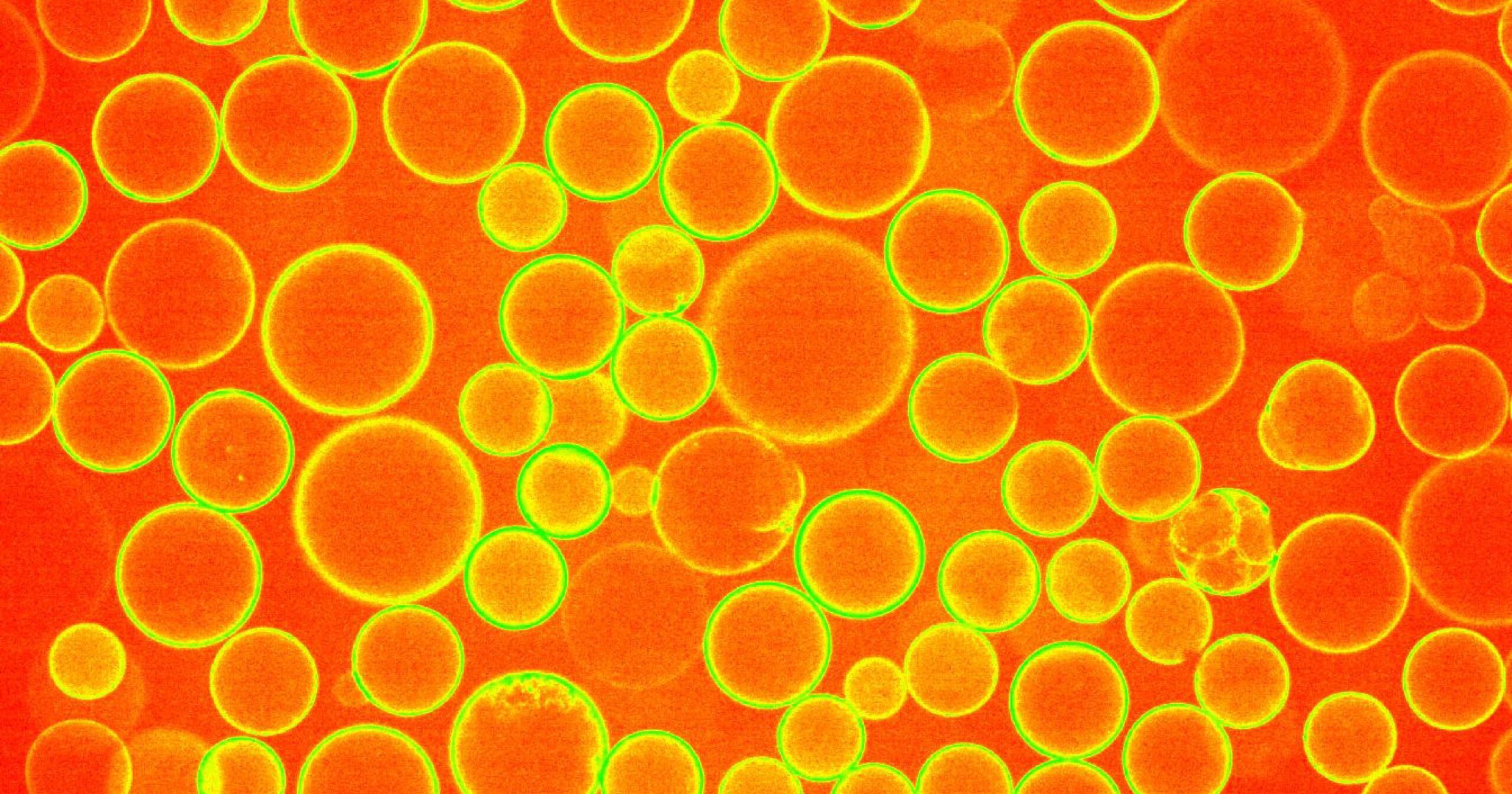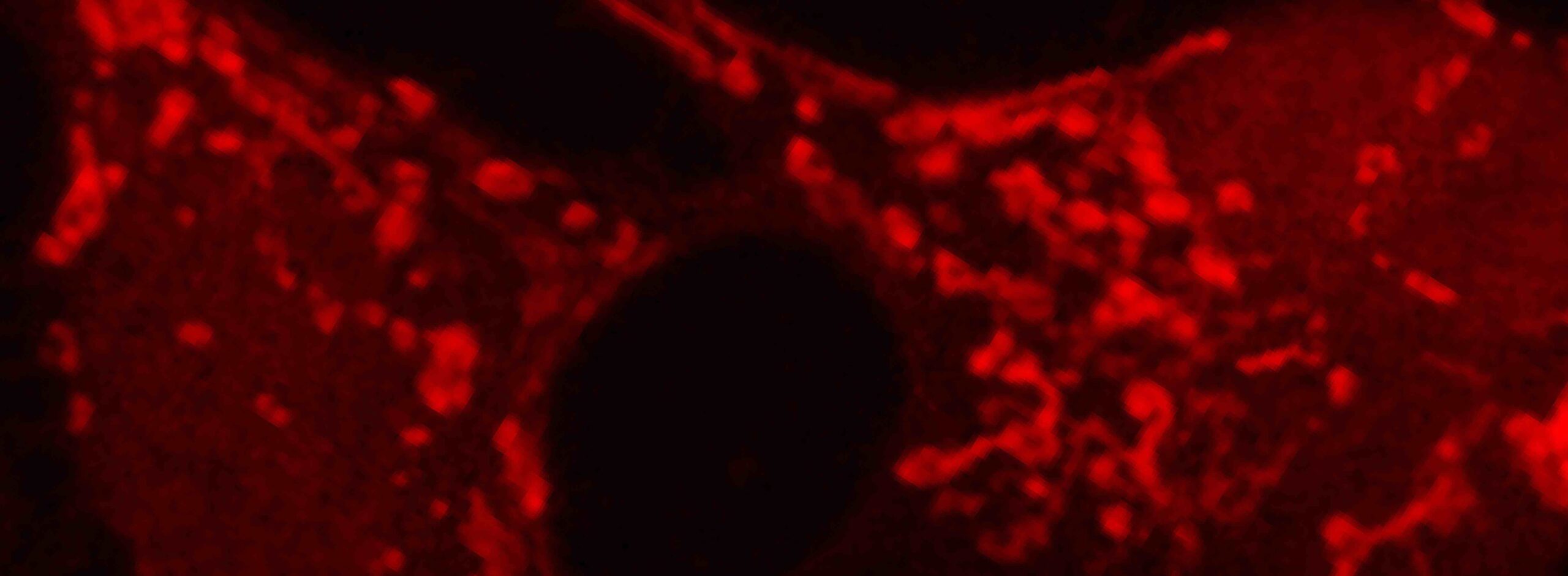
Liana Lareau Named IGI’s 2019 SKCF Faculty Scholar
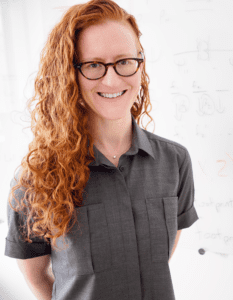
The IGI has awarded the 2019 Shurl & Kay Curci Foundation (SKCF) Faculty Scholars Program award to Liana Lareau, Assistant Professor of Bioengineering at UC Berkeley. Lareau will spearhead a novel project using genome editing tools to understand how “silent” mutations—DNA changes that do not alter the amino acid make-up of protein—lead to human disease, and to predict which silent mutations have big effects on human health. “CRISPR will eventually be used to fix mistakes in genes,” explains Lareau. “We’re starting out by understanding which mistakes we need to fix.”
How can a “silent” mutation have such a “loud” impact? DNA is made of four bases, represented by the letters A, T, C, and G. These bases form three letter “words” that translate to different amino acids, which are linked together to form proteins. Many of the same amino acid words can be spelled a few different ways. When a DNA mutation keeps the same amino acid word but changes the spelling, it has historically been referred to as a “silent mutation”, and assumed to have no effect on the protein or the health of an organism. Recently, researchers have shown that these mutations are not always so quiet—for instance, they can change the speed at which a protein is made, or stop amino acids from folding into the right 3-dimensional shapes that make functional proteins. Silent mutations have been linked to cystic fibrosis and shown to play a role in responsiveness to cancer chemotherapy.
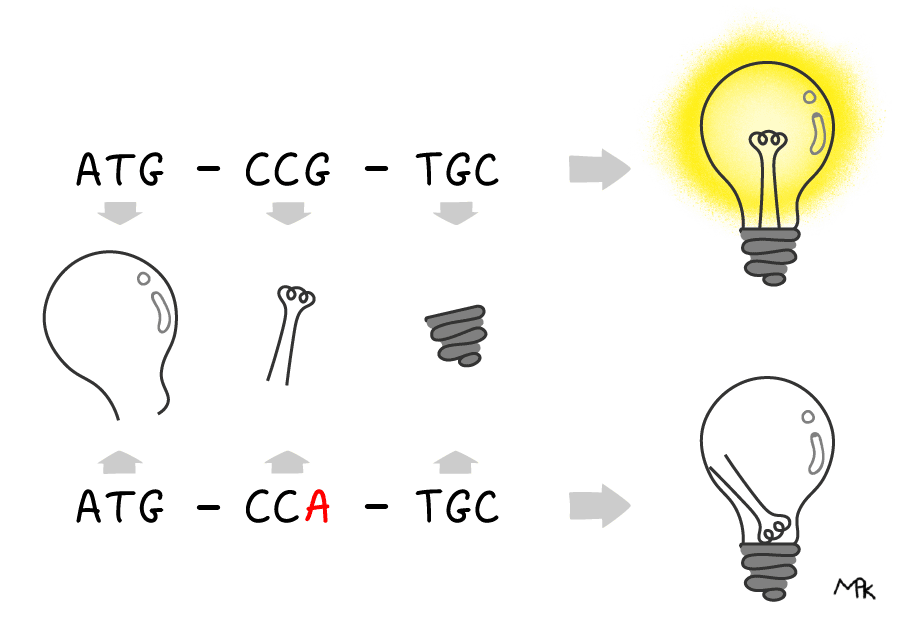
With support from the SKCF Faculty Scholars Program, Lareau and her graduate student Amanda Mok will begin an ambitious project to create an algorithm that can predict when so-called silent mutations cause human disease. First, they will collect new experimental data on how silent mutations affect protein level. Next, they will create a sophisticated algorithm that links mutations that change protein level to other gene features that may be important in determining which silent mutations have effects. This algorithm is known as an artificial neural network, and it extracts patterns from very complex data sets. After the algorithm has been “trained” with experimental data, Lareau will examine human genome data from patients, using the algorithm to predict which silent mutations in human genes are harmful. Finally, she will use CRISPR-Cas9 to recreate the predicted disease-causing silent mutations found in patient databases in isolated human cells, testing for their effects. This work could have a profound impact on how we think about, research, and treat human genetic diseases.
Lareau is the third recipient of the SKCF Faculty Scholars Program, a pilot initiative that supports early-career faculty proposing bold ideas for cutting-edge research that uses CRISPR to advance human health. Lareau is also a home-grown scholar: after completing her Ph.D. at UC Berkeley, she did postdoctoral work at Stanford and UC Santa Cruz, returning to Cal as a QB3 Fellow in 2013. She started her faculty position in Cal’s Department of Bioengineering this year, and the $200,000 SKCF award will be given over the next two years to cover personnel and experiment expenses. “I’m excited to join the IGI and get involved in it,” says Lareau. “The ideas around here are really exciting, and the resources make it easy to do big science.”
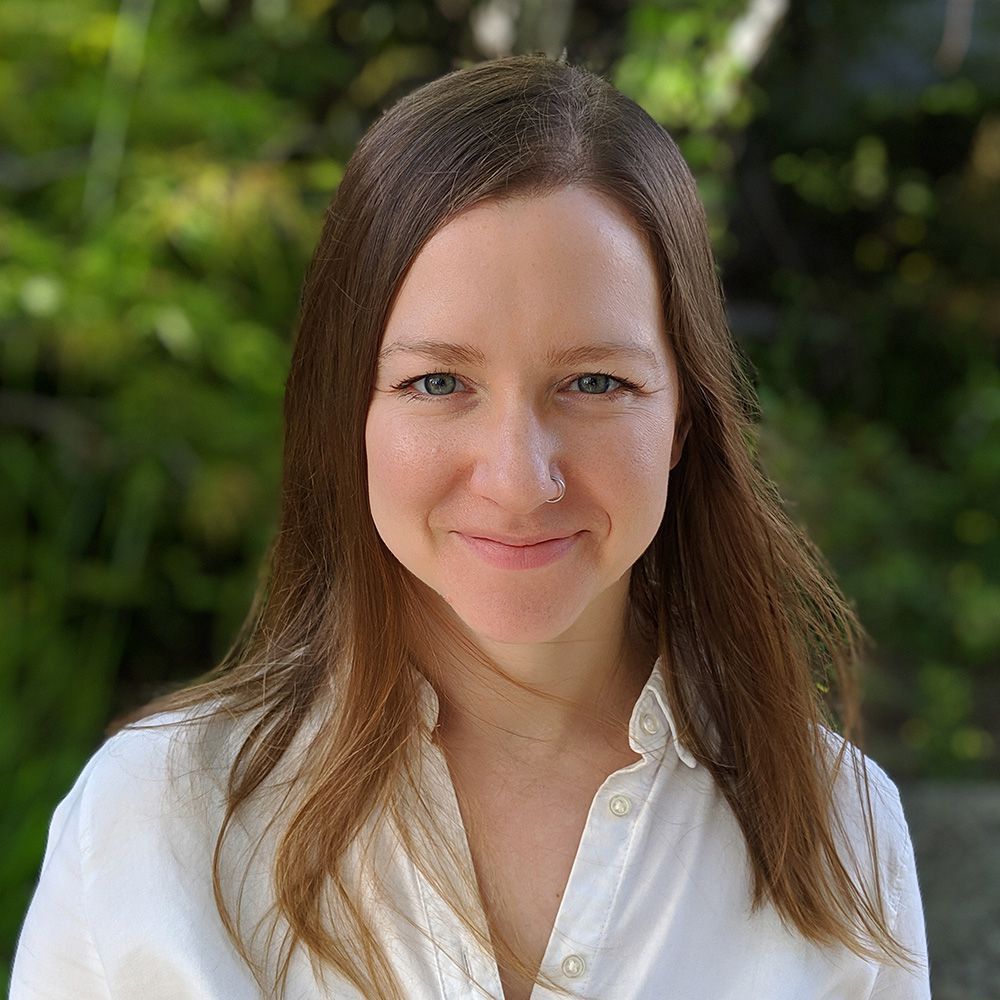 By
Hope Henderson
By
Hope Henderson

